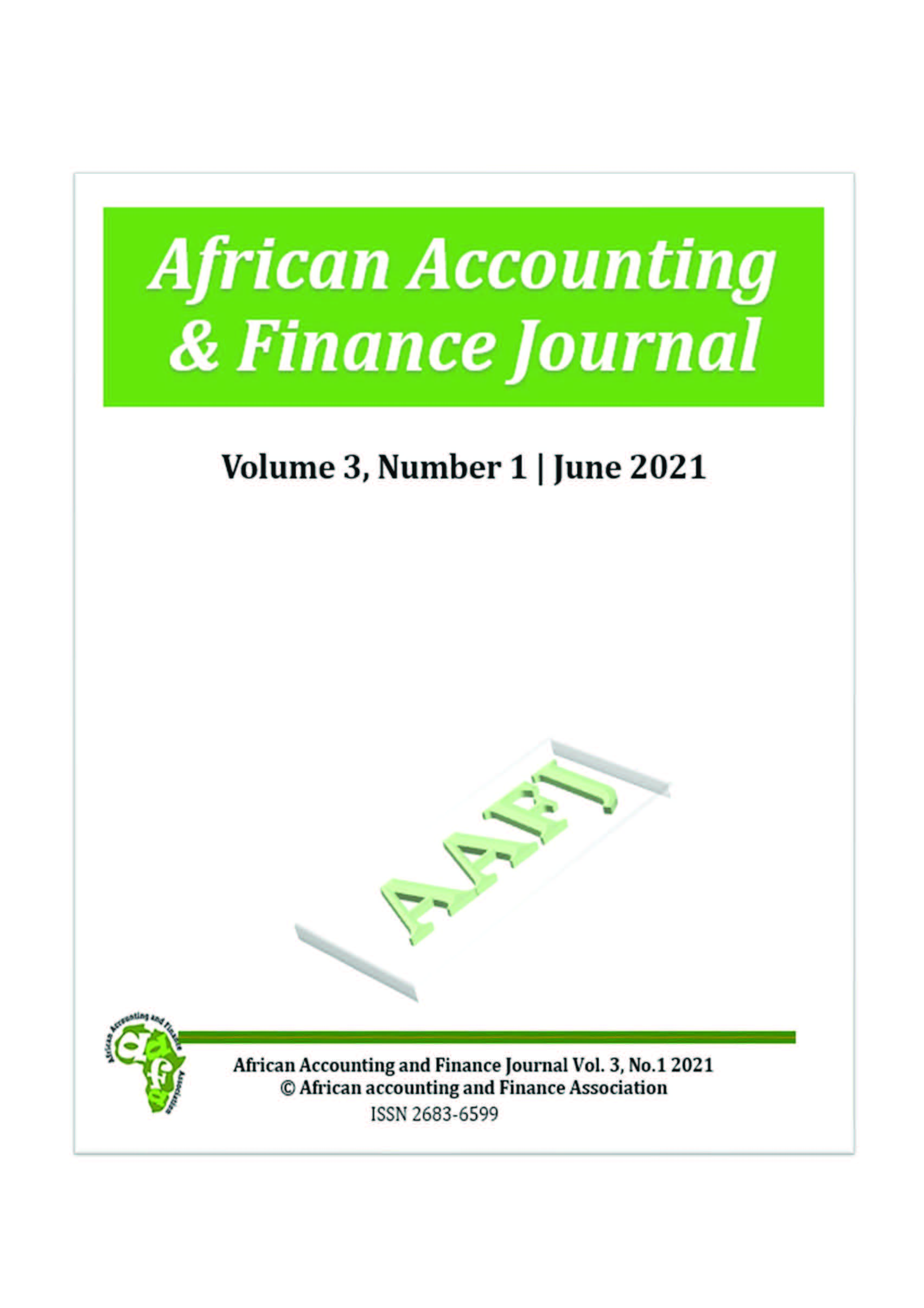Professional Skepticism and Audit Quality in an Emerging Economy
DOI:
https://doi.org/10.26686/aafj.v3i1.9735Keywords:
Audit Quality, Professional Skepticism, Mind set theory, Emerging economies, UgandaAbstract
Purpose – Motivated by the increasing questioning of audit quality and the suspected non-application of sufficient professional skepticism by auditors to drive audit quality, the study sought to examine the relationship between professional skepticism and audit quality in an emerging economy.
Design/methodology/approach – The study adopted a cross-sectional survey methodology using a close-ended data collection instrument containing tested measures of audit quality and professional skepticism to generate quantitative data from a randomly selected sample of 201 accountants in practice and business in Uganda. Quantitative data was analyzed with the aid of a quantitative data analysis tool SPSS 22©.
Findings – Underpinned by Mindset theory, the study has revealed that both types of professional skepticism i.e. Situational/contextual and inherent personality traits professional skepticism, are significant and positive determinants of audit quality. The two types of professional skepticism explain 51.4% of the variance in audit quality. The study has further shown that with the exception of a questioning mind (which is not significant), all the other five inherent personality traits of professional skepticism are significant and positive determinants of audit quality, revelaed in order of importance as Self-determining, Interpersonal understanding, Self-confidence, Search for knowledge and Suspension of judgement. It has also been established that there are no marked differences between accountants in practice and those in employment on professional skepticism and audit quality.
Originality/Value - The study illuminates the underpinnings of professional skepticism and audit quality. It has shown the situational and inherent trait factors that enhance professional skepticism which practitioners ought to emphasize to audit staff in order to improve audit quality. The study has shown regulators of auditors a basis of evaluating auditor’s application of professional skepticism so as to improve audit quality in emerging economies.
Downloads
Downloads
Published
Issue
Section
License
Papers and contributions become the legal copyright of African Accounting and Finance Association unless otherwise agreed



